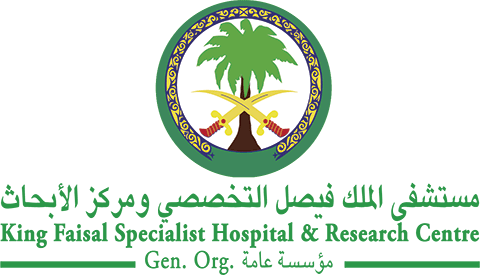Abstract
Background: Chronic graft-versus-host-disease (cGVHD) is a common cause of morbidity and mortality following allogeneic hematopoietic stem cell transplantation (HCT). Tyrosine kinase inhibitors (TKIs), including Ruxolitinib, Imatinib and Ibrutinib, have shown promising efficacy in cGVHD treatment. Method: A total of 43 patients who developed cGVHD and received at least one line of TKI therapy for cGVHD treatment were evaluated retrospectively. Overall response, clinical benefit (CB), corticosteroid dose reduction, failure-free (FFS) and overall survival (OS) were assessed. Result: A total 62 lines of TKI therapy were evaluated, including Ruxolitinib (n=18), Ibrutinib (n=13), and Imatinib (n=31). With a median follow-up duration of 12 months, 19/58 (32.8%), 20/41 (48.7%) and 17/29 (58.6%) responded to TKI therapy at 3, 6 and 12 months, respectively. We observed clinical benefit in 80% of patients over time, allowing prednisone dose reduction in all 3 TKI. The FFS rate at 12 months was similarly higher in Imatinib (71%) or Ruxolitinib groups (67%) than Ibrutinib group (46%), while OS rate at 12 months was similar among the 3 groups at 96% to 100% in overall patients. In the sclerotic GVHD patient subgroup (n=39), ORR gradually increased over time. Ruxolitinib seems as effective as Imatinib and improved PROM score gradually in sclerotic GVHD patients. Conclusion: TKI drugs Ruxolitinib, Imatinib and Ibrutinib are effective and feasible for cGVHD treatment. Ruxolitinib is as effective as Imatinib for sclerotic GVHD.
Recommended Citation
Linn, Swe Mar; Novitzky-Basso, Igor; Abduljalil, Omar; Pasic, Ivan; Lam, Wilson; Law, Arjun; Michelis, Fotios V.; Gerbitz, Armin; Viswabandya, Auro; Lipton, Jeffrey; Kumar, Rajat; Mattsson, Jonas; and Kim, Dennis Dong Hwan
(2023)
"A single centre, real-world experience of chronic GVHD treatment using ibrutinib, Imatinib and ruxolitinib and its treatment outcomes,"
Hematology/Oncology and Stem Cell Therapy: Vol. 17
:
Iss.
1
, Article 3.
Available at: https://doi.org/10.56875/2589-0646.1111
Creative Commons License

This work is licensed under a Creative Commons Attribution-Noncommercial-No Derivative Works 4.0 License.
Included in
Cancer Biology Commons, Hematology Commons, Oncology Commons

